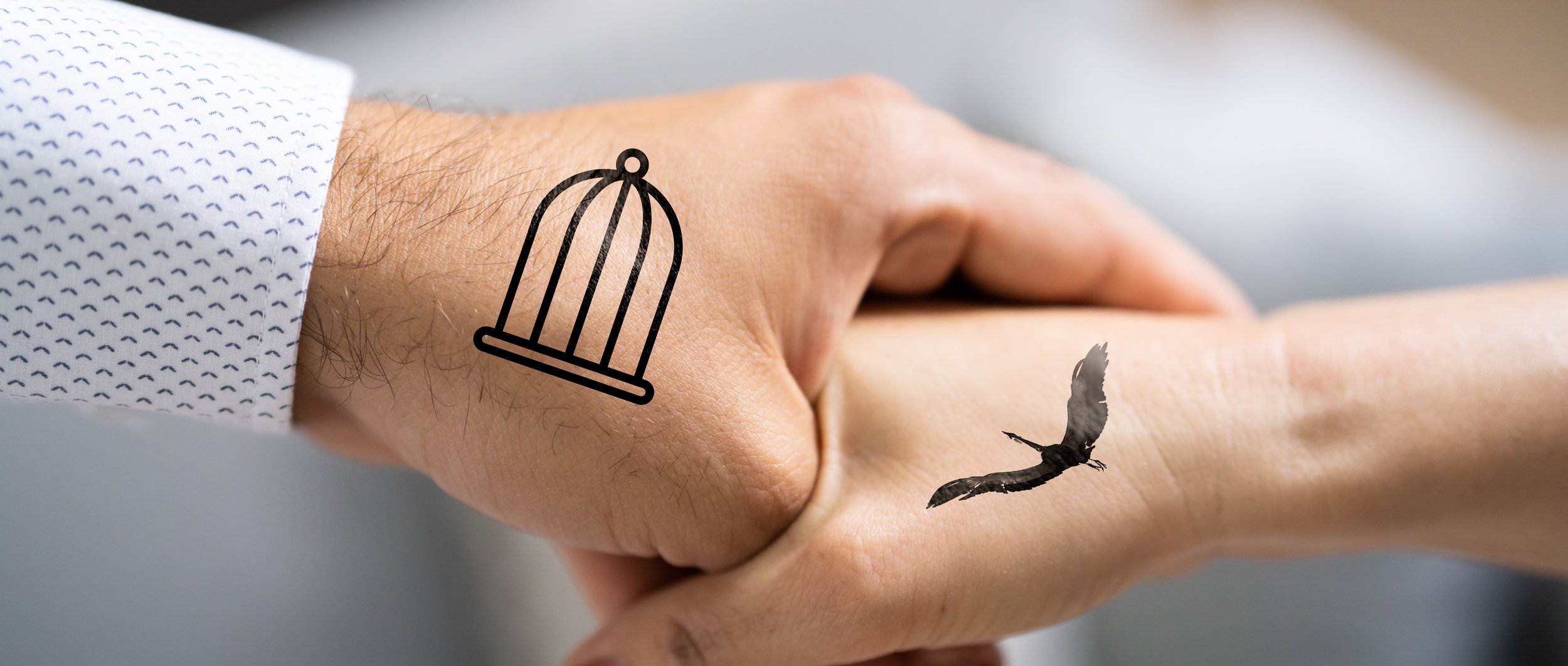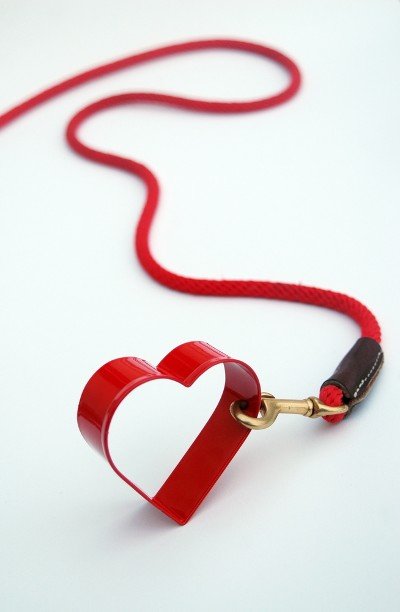
CODEPENDENCY THERAPY
“Codependents are reactionaries. They overreact. They under-react. But rarely do they act. They react to the problems, pains, lives, and behaviors of others. They react to their own problems, pains, and behaviors.”
- Melody Beattie
Do you have a tendency to lose yourself when you are in relationships?
Do you struggle with setting boundaries and limits with people in your life?
Do you take responsibility for the choices of your loved ones?
DOES YOUR RELATIONSHIP FEEL TOXIC….
AND DO YOU STRUGGLE WITH IDENTIFYING A HEALTHY RELATIONSHIP?
Codependency is confusing to define and yet if you have struggled in most of your intimate relationships it is likely you may be struggling with codependency.
The simplest explanation is that codependency is seeking love based on feelings of insecurity or inadequacy. A codependent person looks to their partner to repair their self-esteem, alleviate their pain and complete their inner emptiness.
“Codependents are reactionaries. They overreact. They under react. But rarely do they act. They react to the problems, pains, lives, and behaviors of others. They react to their own problems, pains, and behaviors.” -Melody Beattie
THIS RESULTS IN YOUR PARTNER NEVER BEING ABLE TO BE WHO THEY ARE.
Instead, they are forced to fulfill the role the codependent person has defined for them, i.e., to provide unconditional love and security.
YET, THERE IS NEVER ENOUGH LOVE.
The codependent person keeps working to try and please their partner to try to earn the love they crave.
It becomes a self-perpetuating habit with obsessive thoughts and compulsive behaviors.
That is why codependency is sometimes called relationship addiction or love addiction.
STAGES OF LOVE ADDICTION
The early stage is similar to any romantic relationship, but there is an unusual amount of attention focused on the partner and a burning desire to please them.
This gradually progressed into an obsession where the codependent person begins to rationalize problematic behavior in their partner.
HEALTHY BOUNDARIES GET BLURRED.
The codependent person may withdraw from friends to focus on their partner.
The middle stage of codependency is characterized by increasing efforts to overlook problematic aspects of the relationship.
There is an increase in anxiety, self-blame, and guilt in the codependent person.
Self-esteem begins to plumet as the codependent person begins to make comprises to maintain the relationship.
“The most painful thing is losing yourself in the process of loving someone too much, and forgetting that you are special too.”
-Ernest Hemingway
This often results in resentment, anger and disappointment as the codependent person tries to unsuccessfully change their partner with manipulation, nagging and blaming.
During this stage, the codependent person may use addictive substances or behaviors to cope.
In the later stages of codependency, EMOTIONS begin to take a toll on physical health.
Codependents can suffer from a variety of stress-related disorders. Addictions and obsessive-compulsive behaviors tend to take a stronger hold.
Feelings of anger, despair and hopelessness continue to grow.
DIFFERENCE BETWEEN LOVE AND CODEPENDENCY
In a healthy relationship, the initial euphoria settles into more of a calm content.
With codependency, the relationship is rooted in insecurity, inadequacy, and low self-esteem.
Codependency results in one person losing a sense of themselves and focusing completely on the needs of the other person.
THE DESTRUCTIVENESS OF CODEPENDENCY
THE DESTRUCTIVENESS OF CODEPENDENCY
Some codependency is not bad in relationships. Being with someone means that you should, at times, be unselfish and put the other person’s needs first. Furthermore, being with someone means that you do not have to be completely independent.
However, the true destructiveness in codependency is not having elements of trust, self-esteem, and assurance that would accompany a healthy relationship. The codependent needs to be needed to feel accepted or worthy. This is combined with an ongoing fear of being rejected.
“Codependency has a way of tearing at the very soul of a person.”
-Karen Casey
Attachment theory suggests that children who do not have a secure attachment are more likely to become codependent adults. This can lead to abusive relationships, which include emotional, mental, physical or sexual abuse.
Codependency is rooted in dysfunctional childhood relationships.
WHY ARE CODEPENDENT RELATIONSHIPS DIFFICULT TO END?
Most codependent relationships aren’t terrible all the time.
Sometimes our partner is also codependent, which means they may have a hard time letting go. They may try to push boundaries after you’ve set them or continue to pursue you after you’ve ended the relationship.
Codependents have a strong need to feel needed and wanted, so they easily fall for manipulation disguised as flattery, desperation, and pleading.
Self-sacrificing is socially acceptable so some people may encourage you to stay in a relationship as your partner may “need you.”
Shame, the belief that there is something fundamentally wrong with who you are may keep codependent persons from ending dysfunctional relationships.
RECOVERING FROM CODEPENDENCY IS POSSIBLE!
“Love yourself enough to set boundaries. Your time and energy are precious. You get to choose how you use it. You teach people how to treat you by deciding what you will and won’t accept.” -Anna Taylor
Moving from emotional dependent to emotional interdependence will help you overcome recover from this childhood trauma. This includes being able to love and validate yourself, recognize your feelings and needs as separate from others, attending to your needs, and pursuing your goals and interests.
It will be important to develop a self-care plan that you practice without guilt.
Learning to set boundaries, use assertive communication and resolve conflict in a healthy way.
Finally, heal shame and feelings of unworthiness.
Therapy can help you recover from codependency. Call or text me at 720-629-2729.
RECENT POSTS








